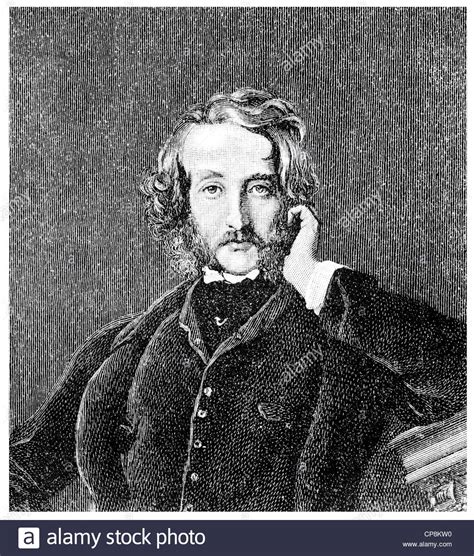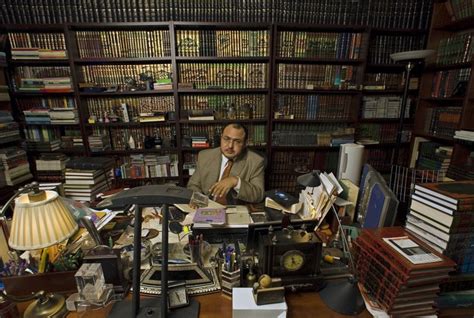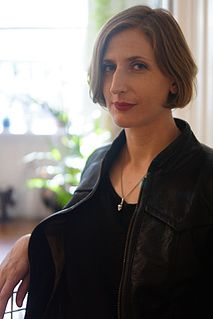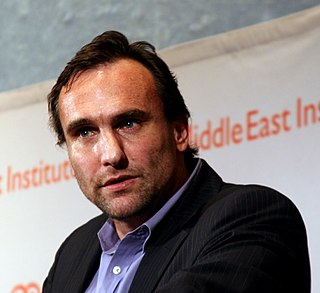A Quote by Richard Dawkins
Islamic myths are mostly actually plagiarized from the Christian ones, both biblically and in terms of modern creationism. If you read Islamic creationist literature, it's pretty much lifted from American evangelical literature.
Related Quotes
Qatar does not have much history, it's a new emirate. So I couldn't draw on the history of the country; its history is really just being a desert. But I thought, the one thing I must learn about for this project is the Islamic faith. So I read about Islam and Islamic architecture, and the more I studied the more I realized where the best Islamic buildings were.
We have Islamic rebels [in Syria] who've been eating the hearts or organs of their enemies. We have priests that have been killed. We have Christian villages that have been razed by Islamic rebels. We have Islamic rebels who say they don't recognize Israel and would just as soon attack Israel as [Bashar] Assad. So really, I see no clear-cut American interest, and I'm afraid that sometimes things unravel, and the situation could become less stable and not more stable.
One thing that I feel very, very strongly is that we talk about Islamic countries, Islamic people, Islamic leaders, as either moderates or extremists. It's almost like there are only two categories of Muslims. And actually, that doesn't show respect. It shows lack of understanding of the diversity of Muslim thought.
Think about that: at a time when it was inconceivable to have a woman rabbi or a woman scholar of Christian theology or canon law, the Islamic civilization boasted hundreds of women who were authorities in Islamic law and Islamic theology and that taught some of the most famous male jurists and left behind a remarkable corpus of writings.
Sufis have always been those that have tried to purify the ethics of Islam and society. And they don't have their hands cut off from the external action at all. For example, the bazaar in which the Sufis were very strong always dominated economic life in Islamic world. They could give a much more sane and Islamic form of activity when the economic life of Islam moved out of the bazaar to new parts of Islamic cities with modernized Muslims, who took it in another light and it became very, very anti Islamic, and much against many of the most profound practices of Islamic societies.
No one spoke in terms of children's literature, as opposed to adult literature, until around the 1940s. It wasn't categorised much before then. Even Grimm's tales were written for adults. But it is true that ever since 'Harry Potter' there has been a renaissance in fantasy literature. J. K. Rowling opened the door again.
That's precisely what I did. Let's not forget Raqqa is not the first capital of the Islamic State. The first capital of the Islamic State when it was called the Islamic State was the Iraqi city of Ramadi. And the only way I was able to access that city was by going in with American marines and soldiers who were desperately fighting for their lives.




































